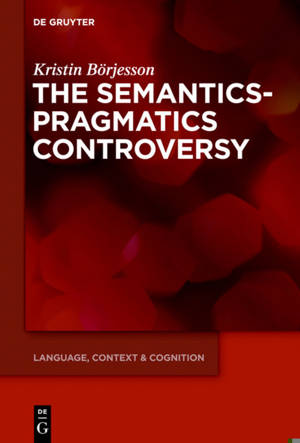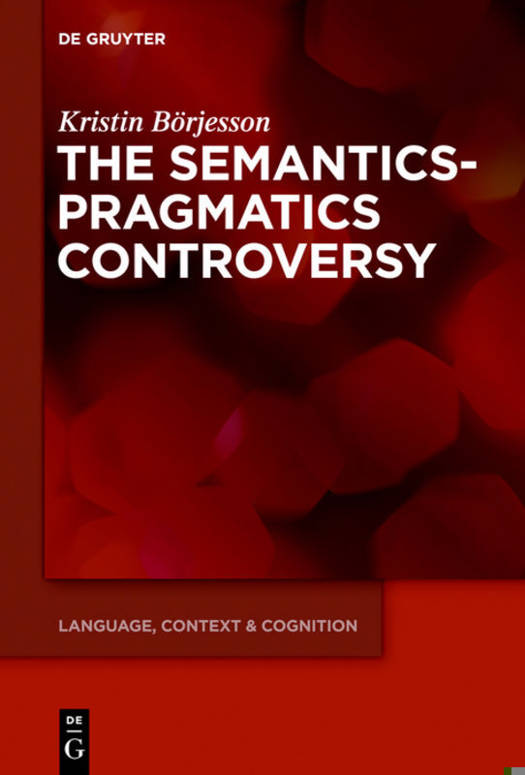
- Retrait gratuit dans votre magasin Club
- 7.000.000 titres dans notre catalogue
- Payer en toute sécurité
- Toujours un magasin près de chez vous
- Retrait gratuit dans votre magasin Club
- 7.000.0000 titres dans notre catalogue
- Payer en toute sécurité
- Toujours un magasin près de chez vous
Description
Currently, there is a great number of approaches to the semantics-pragmatics distinction on the market. This book is unique in that it offers a comprehensive overview, comparison and critical evaluation of these approaches. Taking as a starting point the notorious difficulty of differentiating so-called literal from non-literal (or figurative) meaning, it covers a wide range of the key current topics in semantics and pragmatics, e.g., the saying/meaning distinction, minimalism vs. contextualism, unarticulated constituents, indexicalism, (generalised) conversational implicatures, speech acts, levels of meaning in interpretation, the role of context in interpretation, the nature of lexical meaning. Notably, rather than taking a solely theoretical perspective, the book integrates psycho- and neurolinguistic perspectives, considering experimental results concerning the (differences in) processing of the various types of meaning covered. In terms of topics covered and perspectives taken, it is equally well suited for undergraduate as well as postgraduate students of linguistics and/or philosophy of language.
Spécifications
Parties prenantes
- Auteur(s) :
- Editeur:
Contenu
- Nombre de pages :
- 339
- Langue:
- Anglais
- Collection :
- Tome:
- n° 14
Caractéristiques
- EAN:
- 9783110333374
- Date de parution :
- 20-01-14
- Format:
- Livre relié
- Format numérique:
- Genaaid
- Dimensions :
- 160 mm x 234 mm
- Poids :
- 498 g

Les avis
Nous publions uniquement les avis qui respectent les conditions requises. Consultez nos conditions pour les avis.






